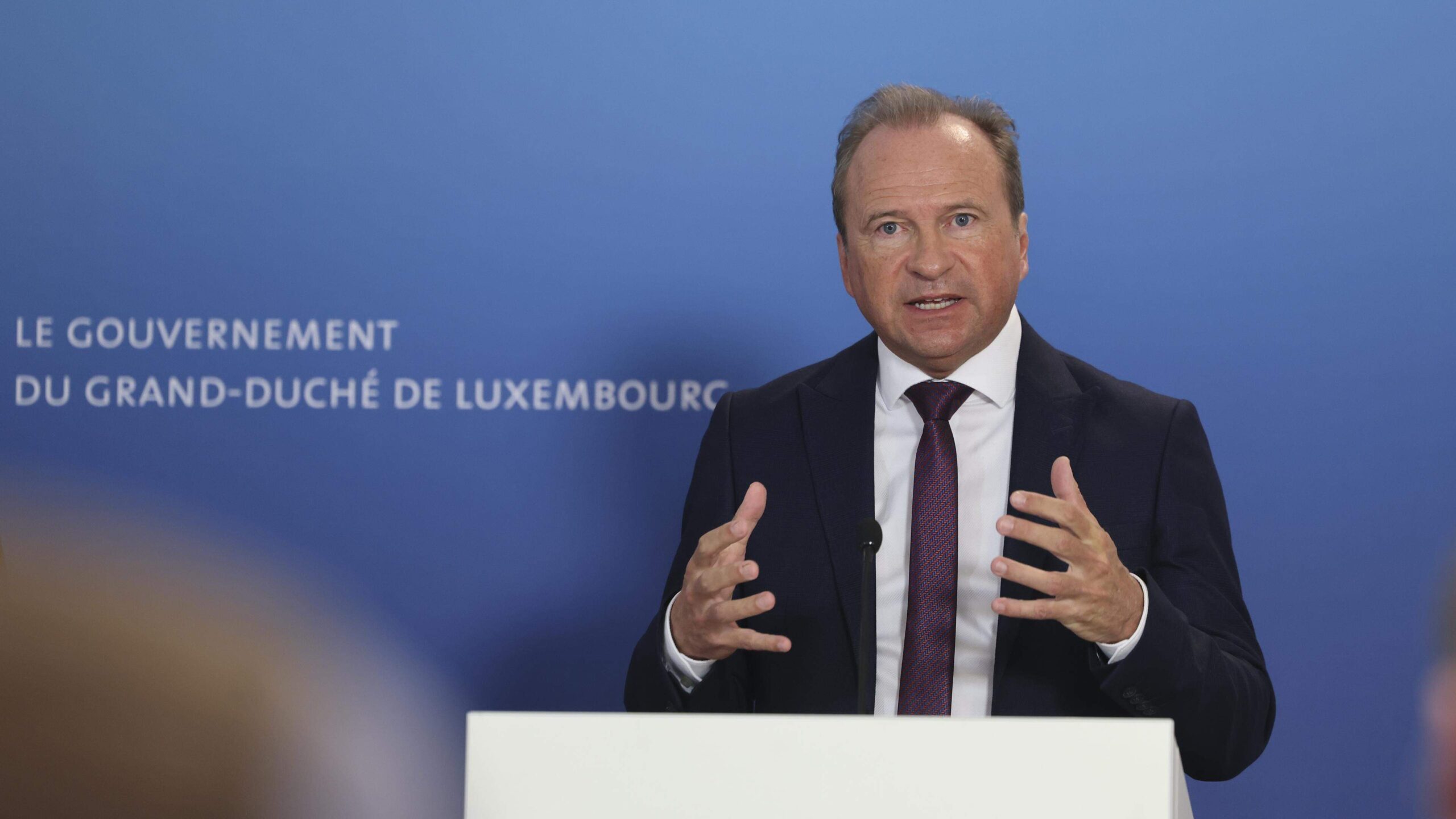Luxembourg has long been recognized as a financial hub in Europe, leveraging its strategic location, political stability, and favorable tax environment to attract multinational corporations and high-net-worth individuals. As the world evolves, so does Luxembourg’s approach to economic development. The Grand Duchy is now unveiling its tax strategy for 2025, aimed at fostering sustainable growth, innovation, and competitiveness on the global stage.
Luxembourg’s 2025 Tax Strategy: A Blueprint for Growth
Luxembourg’s 2025 tax strategy is meticulously designed to solidify its position as a premier destination for business and investment. Central to this blueprint is the introduction of progressive tax reforms aimed at enhancing the competitiveness of the local economy. These reforms include a reduction in corporate tax rates to 18%, making Luxembourg one of the most attractive jurisdictions for corporate headquarters and international business operations.
In addition to lowering corporate tax rates, Luxembourg is also focusing on simplifying its tax code to reduce administrative burdens on businesses. The government plans to implement digital tax filing systems and streamlined compliance procedures, making it easier for companies to navigate the tax landscape. This move is expected to not only improve efficiency but also increase transparency, thereby enhancing investor confidence.
Moreover, Luxembourg’s tax strategy emphasizes the importance of international cooperation and compliance with global tax standards. The Grand Duchy is committed to adhering to OECD guidelines and the EU‘s anti-tax avoidance directives. By aligning its policies with international norms, Luxembourg aims to maintain its reputation as a responsible and reliable financial center, which is crucial for attracting long-term investment.
Economic Development Through Innovative Fiscal Policies
The cornerstone of Luxembourg’s economic development strategy is the promotion of innovation through targeted fiscal policies. The government is introducing tax incentives for research and development (R&D) activities, offering significant tax credits and deductions for companies investing in new technologies and innovative solutions. This initiative is designed to transform Luxembourg into a hub for tech startups and cutting-edge industries.
Additionally, Luxembourg is prioritizing the growth of green technologies and sustainable business practices. The 2025 tax strategy includes incentives for companies that adopt environmentally friendly processes and invest in renewable energy sources. By encouraging sustainable development, Luxembourg aims to attract businesses that are not only profitable but also socially and environmentally responsible, thus ensuring long-term economic resilience.
Another critical element of Luxembourg’s innovative fiscal policies is the support for small and medium-sized enterprises (SMEs). Recognizing the vital role SMEs play in job creation and economic diversification, the government is offering tax reliefs and grants to foster their growth. These measures are expected to stimulate entrepreneurial activity and drive economic dynamism, creating a robust and diversified economic landscape.
Luxembourg’s 2025 tax strategy represents a forward-thinking approach to economic development, blending competitive tax rates with a commitment to innovation and sustainability. By simplifying the tax code, promoting R&D, and supporting SMEs, Luxembourg is positioning itself for sustained growth in an increasingly complex global economy. As the Grand Duchy continues to evolve its fiscal policies, it remains a beacon for international business and investment, demonstrating that strategic tax planning is pivotal to economic success.
